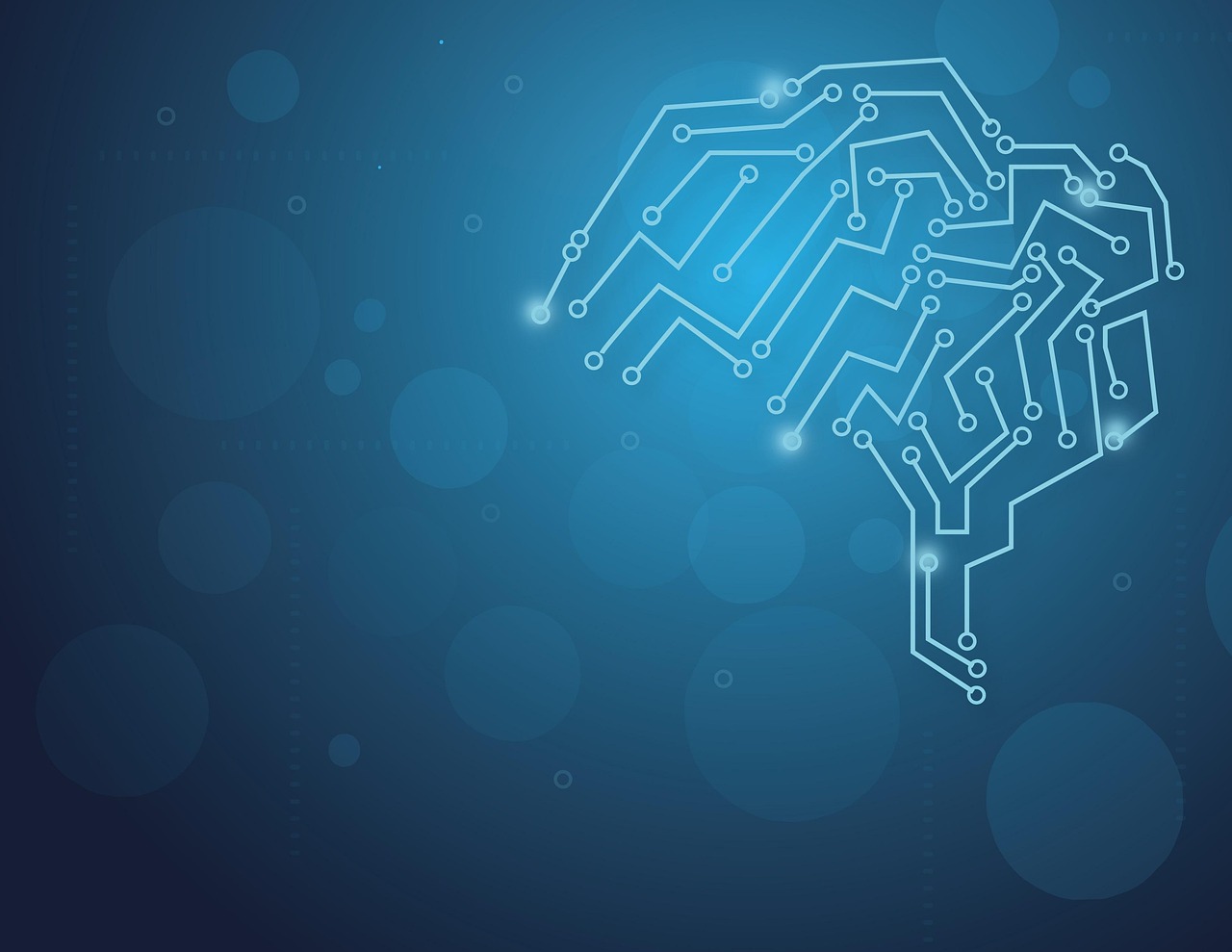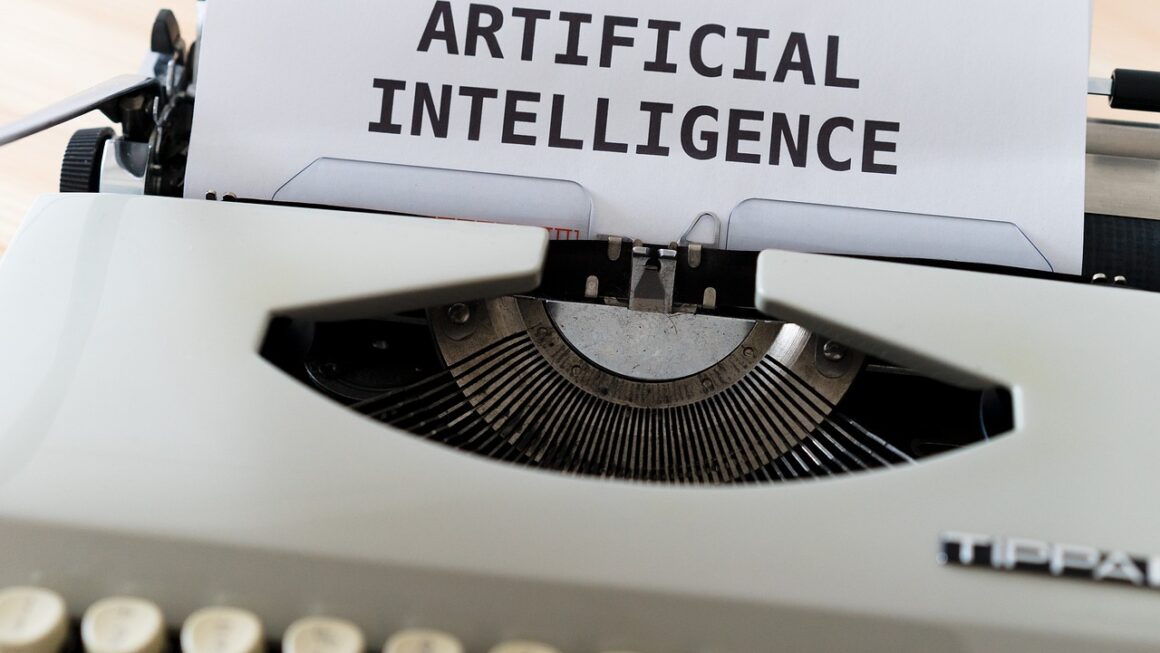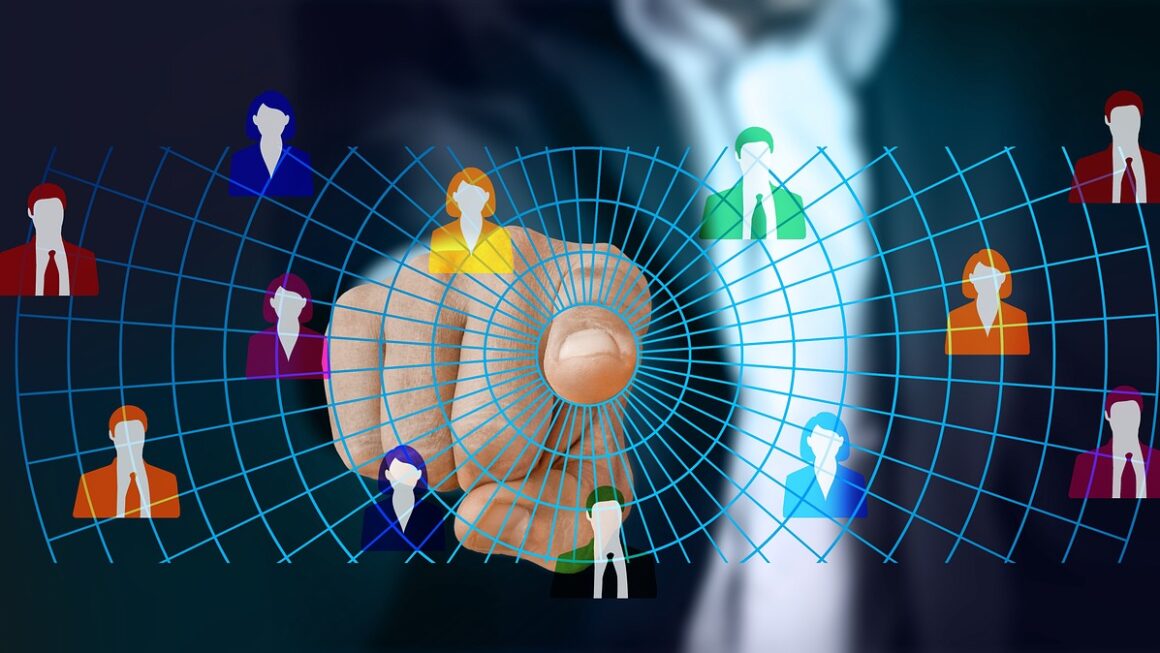AI is no longer a futuristic fantasy; it’s a present-day reality transforming the marketing landscape. From automating mundane tasks to providing incredibly personalized customer experiences, artificial intelligence is revolutionizing how businesses connect with their audiences. This blog post will delve into the practical applications of AI in marketing, exploring how it can be leveraged to drive better results, increase efficiency, and ultimately, boost your bottom line.
Understanding AI in Marketing
What Exactly is AI in Marketing?
AI in marketing refers to the use of artificial intelligence technologies to automate and improve marketing processes. It involves leveraging algorithms and machine learning to analyze data, predict customer behavior, and personalize marketing efforts. This allows marketers to make data-driven decisions and create more effective campaigns.
- Data Analysis: AI algorithms can sift through massive datasets to identify trends, patterns, and insights that would be impossible for humans to detect manually.
- Automation: AI can automate repetitive tasks such as email marketing, social media posting, and ad bidding, freeing up marketers to focus on more strategic initiatives.
- Personalization: AI enables hyper-personalization by tailoring marketing messages and offers to individual customer preferences and behaviors.
- Predictive Analytics: AI can predict future customer behavior, allowing marketers to proactively engage with customers and anticipate their needs.
Key AI Technologies Used in Marketing
Several core AI technologies power marketing applications:
- Machine Learning (ML): Algorithms that learn from data without explicit programming. Used for predictive analytics, recommendation engines, and personalized marketing.
- Natural Language Processing (NLP): Enables computers to understand and process human language. Used for sentiment analysis, chatbots, and content creation.
- Computer Vision: Allows computers to “see” and interpret images and videos. Used for visual search, ad targeting, and brand monitoring.
- Robotic Process Automation (RPA): Automates repetitive tasks by mimicking human actions. Used for data entry, invoice processing, and other administrative tasks.
How AI is Transforming Marketing Activities
Personalized Customer Experiences
AI allows marketers to move beyond generic marketing messages and create highly personalized experiences for each customer.
- Recommendation Engines: AI-powered recommendation engines analyze customer data to suggest products or services that they are likely to be interested in. For example, Netflix uses AI to recommend movies and TV shows based on viewing history.
- Personalized Email Marketing: AI can personalize email subject lines, content, and offers based on individual customer preferences and behaviors, leading to higher open and click-through rates.
- Dynamic Website Content: AI can dynamically adjust website content based on visitor demographics, browsing history, and other factors, creating a more relevant and engaging experience.
- Actionable Takeaway: Implement AI-powered personalization tools to deliver tailored experiences across all marketing channels. Start by analyzing your customer data to identify opportunities for personalization.
Enhanced Content Marketing
AI can assist in every stage of content creation, from topic research to distribution.
- Topic Research and Idea Generation: AI tools can analyze search data, social media trends, and competitor content to identify relevant topics and keywords.
- Content Creation: While AI cannot fully replace human creativity, it can assist with tasks such as generating headlines, writing product descriptions, and even drafting blog posts.
- Content Optimization: AI can analyze the performance of existing content and provide recommendations for improvement, such as optimizing keywords, improving readability, and adding visuals.
- Content Distribution: AI can automate the process of distributing content across various channels and personalize the timing and frequency of posts based on audience behavior.
- Actionable Takeaway: Leverage AI-powered content marketing tools to generate ideas, optimize existing content, and automate distribution. Focus on creating high-quality, engaging content that resonates with your target audience.
Optimizing Advertising Campaigns
AI can dramatically improve the effectiveness and efficiency of advertising campaigns.
- Ad Targeting: AI algorithms can analyze vast amounts of data to identify the most relevant audiences for your ads, ensuring that your message reaches the right people.
- Ad Bidding: AI can automate the ad bidding process, optimizing bids in real-time based on performance data and competitor activity. Google Ads uses AI for automated bidding strategies.
- Ad Creative Optimization: AI can analyze the performance of different ad creatives and identify which elements are most effective, allowing you to create more engaging and high-converting ads.
- Fraud Detection: AI can detect and prevent ad fraud, ensuring that your advertising budget is not wasted on fake clicks and impressions.
- Actionable Takeaway: Utilize AI-powered advertising platforms to optimize targeting, bidding, and creative elements. Continuously monitor campaign performance and make adjustments based on AI-driven insights.
Improved Customer Service
AI-powered chatbots and virtual assistants can provide instant and personalized customer support, improving customer satisfaction and reducing costs.
- Chatbots: Chatbots can handle a wide range of customer inquiries, from answering basic questions to resolving complex issues.
- Personalized Recommendations: AI can analyze customer data to provide personalized product recommendations and support.
- 24/7 Availability: Chatbots can provide customer support 24/7, ensuring that customers can always get the help they need.
- Sentiment Analysis: AI can analyze customer sentiment to identify customers who are at risk of churning and proactively reach out to them.
- Actionable Takeaway: Implement AI-powered chatbots on your website and social media channels to provide instant customer support and personalized recommendations. Train your chatbots to handle common customer inquiries and escalate complex issues to human agents.
Benefits of AI in Marketing
Increased Efficiency and Productivity
AI automates repetitive tasks, freeing up marketers to focus on more strategic initiatives.
- Reduced manual effort and time spent on mundane tasks.
- Improved resource allocation and cost savings.
- Faster turnaround times for marketing campaigns.
Better Data-Driven Decisions
AI provides marketers with access to valuable insights and data-driven recommendations.
- Improved targeting and segmentation.
- More effective marketing campaigns.
- Higher ROI on marketing investments.
Enhanced Customer Experience
AI allows marketers to create personalized and engaging experiences for each customer.
- Increased customer satisfaction and loyalty.
- Improved brand perception.
- Higher customer lifetime value.
Improved Sales and Revenue
Ultimately, AI helps marketers drive more sales and revenue.
- Increased lead generation and conversion rates.
- Higher average order value.
- Improved customer retention.
Conclusion
AI is rapidly transforming the marketing landscape, offering marketers unprecedented opportunities to improve efficiency, enhance customer experiences, and drive better results. By understanding the core concepts of AI and leveraging the available tools and technologies, businesses can unlock the full potential of AI in marketing and gain a competitive advantage. Embracing AI is no longer an option but a necessity for marketers who want to succeed in today’s data-driven world.




